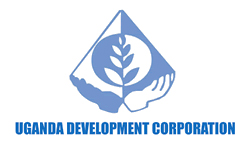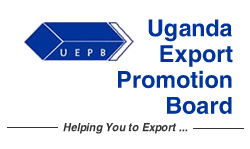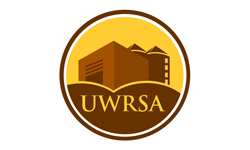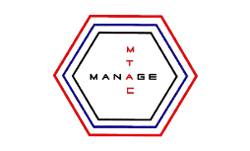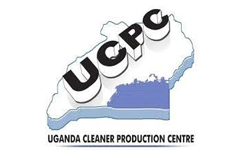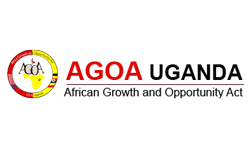Background and Mandate
Mandate
The mandate of the Ministry of Trade, Industry and Cooperatives (MoTIC) as derived from the Constitution of the Republic of Uganda (1995 – Article 189, Sixth Schedule Sections 11, 12, 13, 20, 23, 25 and 29) is: “To formulate, review and support policies, strategies, plans and programs that promote and ensure expansion and diversification of trade, cooperatives, environmentally sustainable industrialization, appropriate technology development and transfer to generate wealth for poverty eradication and benefit the country socially and economically.”
Vision
The vision of the Ministry is: “Sustainable cooperatives, competitive trade and world class industrial products and services”
Mission
The mission of the Ministry is: “To develop and promote a competitive and export-led Private Sector through accelerating industrial development for economic growth.”
Key Functions
The key functions of the Ministry, as derived from the mandate are to:
- Formulate and review, where necessary appropriate policies, legislation, regulations and standards for sustainable development of trade, industrialization and technology development, cooperatives movement and other tradable national products for increased wealth creation and benefit to the country;
- Initiate, coordinate, support, oversee and where applicable, facilitate implementation of strategies and programmes aimed at enhancing the development and promotion of trade, the cooperatives, industry and technology, and ensure their maximum benefit to the country;
- Inspect, monitor and evaluate the performance, progress, standards, state and efficiency of the various sectors, under its mandate for quality assurance, policy direction and guidance;
- Conduct studies and evaluate the impact of the sectoral, fiscal and other policies on the advancement of the diversified sectors and their effect on the poverty eradication program so as to advise authorities appropriately;
- Promote and coordinate research activities and initiatives of the sector with a view to ensure that results are efficiently and effectively utilized and are beneficial to the country and all stakeholders;
- Assess the need and where necessary, mobilize resources to support balanced industrial, cooperatives, and entrepreneurial development for eradication of poverty in the country; and,
- Collect, process, analyze, store and disseminate national and international information on the sectors and provide an input for rational decision-making;

